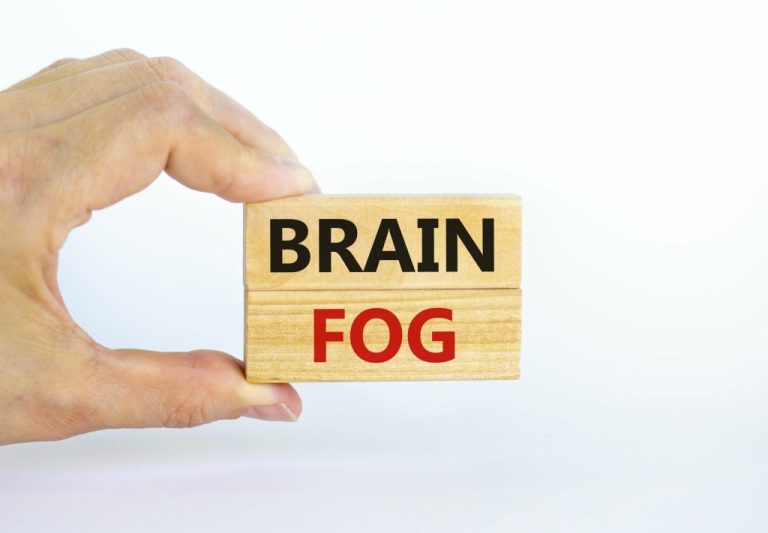However, it is important to note that excessive alcohol consumption, including red wine, can have negative effects on gut health and overall health. Moderate consumption of red wine, as part of a balanced and healthy diet, may provide some potential benefits for the gut microbiome, but it should not be relied upon as a probiotic source. However, excessive consumption of wine can have negative effects on the digestive system. Heavy drinking can lead to inflammation of the stomach lining, which can cause nausea, vomiting, and abdominal pain. It can also increase the risk of developing ulcers and gastrointestinal bleeding. Additionally, alcohol can disrupt the balance of bacteria in the gut, leading to digestive issues such as diarrhea and bloating.
Health Benefits and Risks of Red Wine
It is also important to note that chronic constipation can be a symptom of a more serious underlying condition, such as irritable bowel syndrome or colon cancer. Seeking medical advice can help identify and treat these conditions early on, improving the chances of successful treatment and recovery. Wine has been produced for thousands of years, the earliest evidence dating from c. Its popularity spread around the Mediterranean during Classical antiquity, and was sustained in Western Europe by winemaking monks and a secular trade for general drinking.
About Medical News Today
Fiber, in particular, helps to add bulk to the stool and promote regularity. However, the amount of fiber present in wine is relatively low compared to other high-fiber foods. Furthermore, excessive alcohol consumption can also lead to liver damage, which can further exacerbate digestive issues and constipation. On the other hand, alcohol is a diuretic, which means it can cause dehydration and lead to constipation. Additionally, alcohol consumption can slow down the digestive system and cause inflammation in the intestinal tract, both of which can contribute to constipation.
Is Red Wine Good for Your Heart?
While red wine may have some digestive benefits, excessive consumption can lead to negative health consequences. Red wine contains antioxidants called polyphenols, which have been shown to have a positive effect on cardiovascular health. Specifically, polyphenols can help reduce the risk of heart disease by improving blood flow and reducing inflammation. However, it’s important to note that excessive alcohol consumption can have the opposite effect and increase the risk of heart disease. Polyphenols are a group of compounds found in many plant-based foods, including red wine. These compounds have been shown to have antioxidant and anti-inflammatory properties, which can help protect against digestive disorders such as inflammatory bowel disease (IBD).
However, it’s important to note that the amount of resveratrol in red wine is relatively small, and more research is needed to fully understand its effects on cancer and liver disease prevention. Red wine has been a popular beverage for centuries, and it has been suggested that it may have several health benefits. In this section, I will explore the potential impact of red wine on digestion and the mechanisms behind it.
Plus, is wine good for constipation the carbonation in beer can stimulate a bowel movement for some people. It’s worth mentioning that excessive consumption of alcohol, including wine, can have the opposite effect on the digestive system. Alcohol is a diuretic, meaning it can lead to increased urine production and potentially contribute to dehydration.
Overall, it is recommended that individuals with hemorrhoids limit their alcohol consumption, including red wine, to avoid exacerbating their condition. Drinking plenty of water and consuming a diet high in fiber can also help to prevent and manage hemorrhoids. Incorporating fiber-rich foods, staying hydrated with water, and being physically active are fundamental steps in promoting healthy digestion. The more a person drinks, the more likely they are to experience such effects. Eating a meal before drinking alcohol and drinking in moderation can help protect the gut and allow more regular, healthier bowel movements. It is important to note that while wine may have some benefits for constipation, it should be consumed in moderation.
- While moderate wine consumption may not directly cause constipation, excessive intake can potentially contribute to digestive discomfort.
- With this in mind, I conducted some research to determine if there is any validity to the belief that wine can contribute to more regular bowel movements.
- Constipation occurs when bowel movements become difficult to pass, and the frequency of bowel movements reduces.
- If you’re on antidepressants for your IBS, for example, drinking is strongly discouraged because it can amplify the effects of alcohol or any existing mental health concerns.
Constipation culprit or cure? A holistic nutritionist dishes on the foods that will help keep you regular
However, more research needs to be done to understand the connection between alcohol and IBD. If you’ve ever struggled to go to the bathroom after a night of drinking, it’s probably not a coincidence. Alcohol affects many different bodily functions, including our digestive tract. In fact, the amount — and even the type — of alcohol we drink can cause problems with our bowel movements. First and foremost, wine is made from fermented grapes, which contain natural sugars and fiber. These components can potentially have a mild laxative effect on the body.
- Excessive alcohol consumption can lead to dehydration and worsen constipation symptoms.
- These effects can impact bowel movements and cause either diarrhoea or constipation.
- Therefore, relying on wine as a remedy for constipation may be counterproductive.
- The good news is that non-alcoholic wines like Surely are a delicious alternative that don’t even feel like a compromise.
- It may be worth experimenting with different alcoholic beverages to find one that has less of a constipating effect on your body.
It is important to note that excessive alcohol consumption can have negative effects on bowel movements and overall digestive health. Heavy drinking can lead to diarrhea, dehydration, and inflammation of the digestive tract. Therefore, it is recommended to consume wine in moderation and to stay hydrated while drinking. In conclusion, wine does not possess any proven properties that directly alleviate constipation. It is best to focus on adopting healthy dietary and lifestyle habits to promote regular bowel movements and consult a healthcare professional if constipation persists or becomes severe.
This is largely because of fluid overload, as large amounts of alcohol prompt our intestines to release water. You can drink wine while on IBS medication if your doctor gives you the go-ahead. It’s one of those things that really depends on your unique medication regimen.
Tips for Protecting Your Digestive Health
Alcohol irritates the gut, causing inflammation in the lining of the intestines, which stops the gut from absorbing nutrients as well as usual. Anything that the body cannot absorb will pass through the gut and out of the body as waste. Alcohol can cause serious changes in the function of the digestive system. It can overwhelm the gastrointestinal tract and cause intestinal inflammation. One of the main benefits of using natural remedies for constipation is that they are generally safe and have fewer side effects than prescription medications. Additionally, natural remedies can be more cost-effective and accessible for many people.
Cancer and Liver Disease Prevention
Above it one can find a state-of-the-art modern winery focused on vinifying fresh, cool climate wines that Štajerska region is famous for. Varieties such as Pinot Grigio, Sauvignon Blanc and Pinot Noir thrive here and produce vibrant, elegant and fruit forward wines. A casual, light blend known as Haložan is a fun local wine often used for wine spritzers, traditionally made by mixing it with sparkling water.



